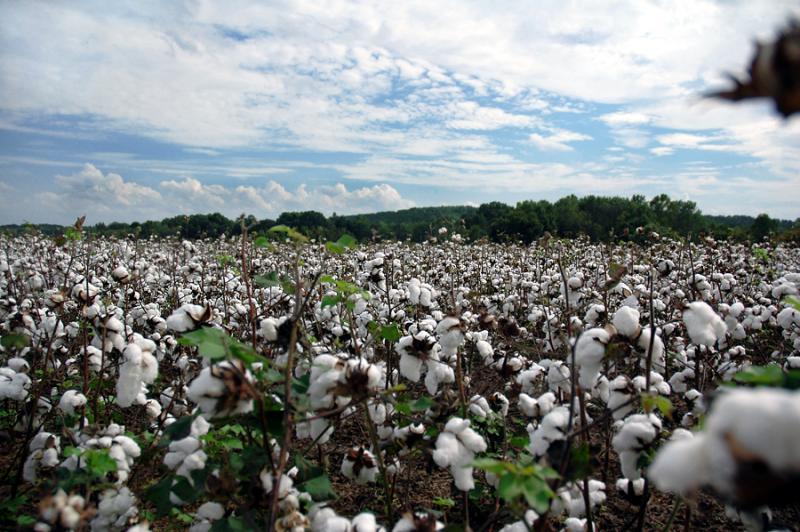North Carolina's economy in 1800 was almost entirely based on agriculture — and it would stay that way until after the Civil War. Few North Carolinians wanted it any other way. The majority believed that the United States should be a nation of farmers. Slavery, meanwhile, was spreading. After the Revolution, many Americans, even slaveholders, had talked openly about the need to abolish slavery. But after Eli Whitney's cotton gin made cotton — and therefore slavery — more profitable, the institution grew and became a fixed part of southern society.
Agriculture and slavery were intertwined in North Carolina, and it was difficult, if not impossible, to talk about one without talking about the other. In this chapter we'll examine the reasons that North Carolina remained an agricultural state, the values Americans believed farmers brought to society, and the rise of slavery as an institution.
Section Contents
- Primary Source: Thomas Jefferson on Manufacturing and Commerce
- Primary Source: Rachel Allen's Experience as Midwife and use of Herbal Medicine
- Primary Source: A Father's Advice to His Sons
- Eli Whitney and the Cotton Gin
- The Growth of Slavery in North Carolina
- Primary Source: Excerpt from Schoepf on the Auction of Enslaved People in Wilmington
